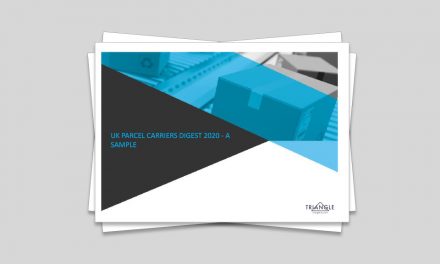
MEDS 2010: Can “reactive innovators” respond to the needs of a demanding consumer?
The opening Express session at The Mail & Express Delivery Show was dedicated to answering the question as to whether there was a new dawn for the express sector in the post-recessionary environment. After the opening remarks from chairman Don Arnold, online specialist Snow Valley gave the conference an objective view of current carrier performance based upon their long-standing annual research into this market sector.
Carlo Rimini, Snow Valley’s CEO, highlighted the fact that the sector has developed and evolved, with product features and benefits that were aspirational five years ago now regarded as the norm. His presentation also set the ‘Carrier Nirvana’ as he specified the current ‘perfect model’ for an e-tailer’s delivery offering, including a range of premium options, 7pm deadlines for next day delivery and more in-store services, including pick-ups and returns for consumers.
After this positive start Walter Blackwood introduced some hard business realism to the proceedings as he outlined the threats to and weaknesses of the sector, including a surfeit of capacity and a lack of differentiation. He balanced his appraisal with a reinforcement of the industry’s competence, overall efficiency and increasing innovation.
Chris Pearce-Ramwell from CPR Logistics agreed on the theme of innovation, and stated that 76% of retailers now offer one level or another of premium service, and advised the conference to watch the progress of Amazon, Asos and John Lewis as trendsetters within the b2c delivery sector. The importance of delivery to the consumer was reinforced by a quote from Amazon who said “free shipping is better than advertising” in helping them to break into new markets.
With Gordon Telling surprising the conference with some facts about the macro and political issues that will affect physical delivery, particularly in London, the session closed with no-one in doubt that there were tough challenges ahead, but also some exciting opportunities.
The subsequent debate concurred that whilst there were difficult times to be managed, innovation and “world class last mile service” is the key to ensuring that the new dawn for the express sector was long-term and sustainable.












